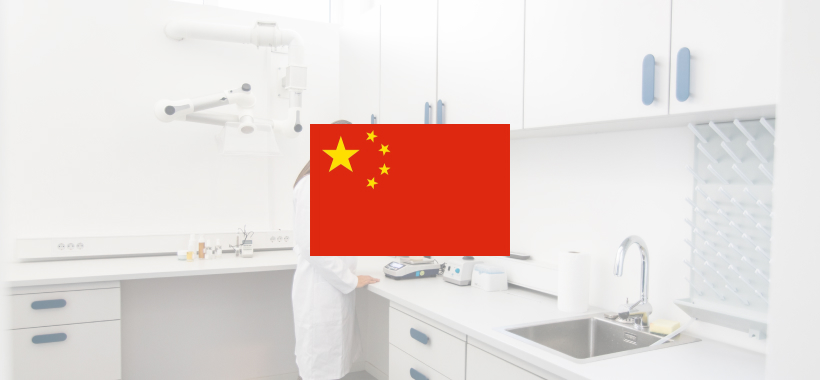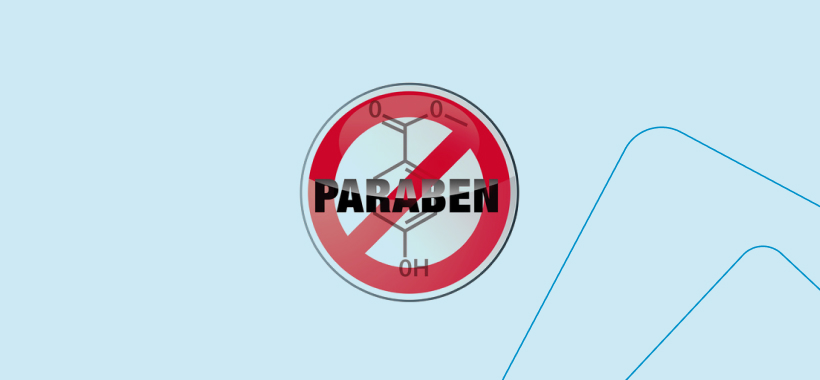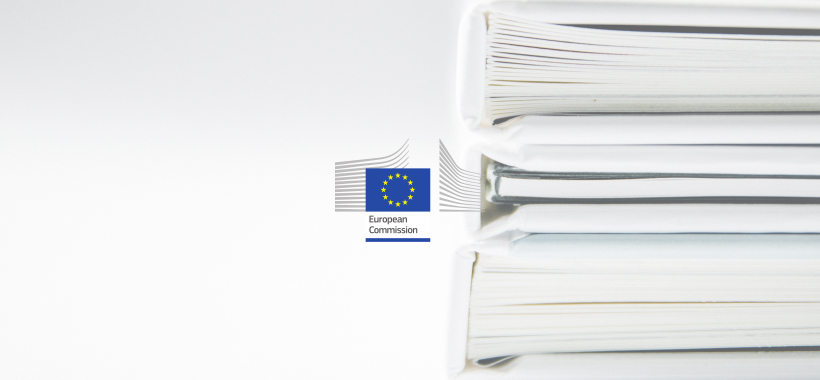If you want to register and sell your cosmetic products in China, you have to make sure that your products are compliant with the Chinese cosmetic regulation and all the relevant cosmetic standards. One of the important requirements, which have to be included in the product registration file and submitted to the competent authority, are testing reports. These have to be issued by testing laboratories approved by the National Medical Product Administration (NMPA), formerly known as Cosmetic Food and Drug Administration (CFDA).
Which cosmetic products have to be tested?
In China, all cosmetic products except domestic non-special use cosmetics have to undergo mandatory testing at the NMPA accredited laboratories, even if they have already been tested abroad. This includes imported and domestic special use cosmetics as well as imported non-special use cosmetics. In addition, the necessary testing is also applicable to new cosmetic ingredient registration. Domestic non-special use cosmetics can avoid animal testing by providing a safety assessment, which should prove the safety of the product.
Types of tests that are performed at NMPA labs
Currently, there are 33 testing institutions approved by NMPA. Cosmetic testing at these labs includes various tests, which can be grouped into the following categories:
– Microbiological tests
– Hygienic chemical tests
– Toxicological tests
– Human safety tests
– Sunscreen efficacy testing
There are different tests required for different categories of cosmetics. Special use cosmetics require additional tests, and therefore the testing lasts longer than testing of non-special use cosmetics.
Microbiological testing
All non-special use cosmetics and most special use cosmetics have to undergo microbiological testing, which includes Aerobic bacterial count, Fecal coliforms, Staphylococcus Aureus, Pseudomonas Aeruginosa and Molds and yeast count test. Special use cosmetics, such as hair dye, hair perming, depilating products and deodorants, can be exempted from microbiological testing.
Hygienic chemical testing
Hygienic chemical testing includes many tests but all cosmetics, special use and non-special use, have to be tested for mercury, lead, arsenic and cadmium. Other tests, such as methanol, formaldehyde, hydroquinone and phenol, pH, thioglycolic acid etc. are required only for specific categories of special use cosmetics.
Toxicological testing
Toxicological testing differs for special and non-special cosmetics as well as within each of these product groups. Hair care, skin care, nail care, hair perming products and perfumes have to undergo acute skin irritation test. Products, which can come into contact with the eyes, such as hair products, certain skin care products and eye make-up products, have to undergo acute eye irritation test. There is also the multiple skin irritation test, which has to be performed for skin care products, make-up products and all special use cosmetics except for hair dye, hair perming and depilating products.
Special use cosmetics also have to undergo skin sensitization testing. Many of them have to undergo additional tests, such as skin phototoxicity test, Salmonella Typhimurium/Reverse Mutation Assay/Gene Mutation test and In Vitro Mammalian Cells Chromosome Aberration Test.
Human safety tests and efficacy testing
Special use cosmetics are also subject to skin patch tests or human trial tests, depending on the type of cosmetic product. In addition, sunscreen products also have to undergo SPF, PFA and water resistance testing.
Which tests are performed on animals?
Most of the toxicological testing is performed on animals. These tests cannot be avoided except if your product is eligible for application as a domestic non-special use cosmetic product or if you sell your products through Crossborder e-commerce (CBEC). Your product can fall under domestic product if you send your products in bulk to China and do the last step of packing your products in China. The other way to avoid animal testing is selling your product through CBEC, where registration of cosmetics, including testing at the NMPA labs, is not required.
Alternative methods to animal testing
China has accepted six alternative testing methods to animal testing so far – one test for assessing phototoxicity, one for skin corrosion, one for eye irritation and three for skin sensitization. The latter four will come into effect in January 2020. Two more tests are under research – one for assessing eye irritation and another one for genotoxicity.
New regulation on animal testing?
Recently, the NMPA released a draft version of Administrative Measures for Filing of Non-special Use Cosmetics. The draft mentions the possibility of imported non-special use products (with the exception of children products) being exempted from mandatory animal testing, provided that the safety risk assessment results can confirm that the product is safe for use.


